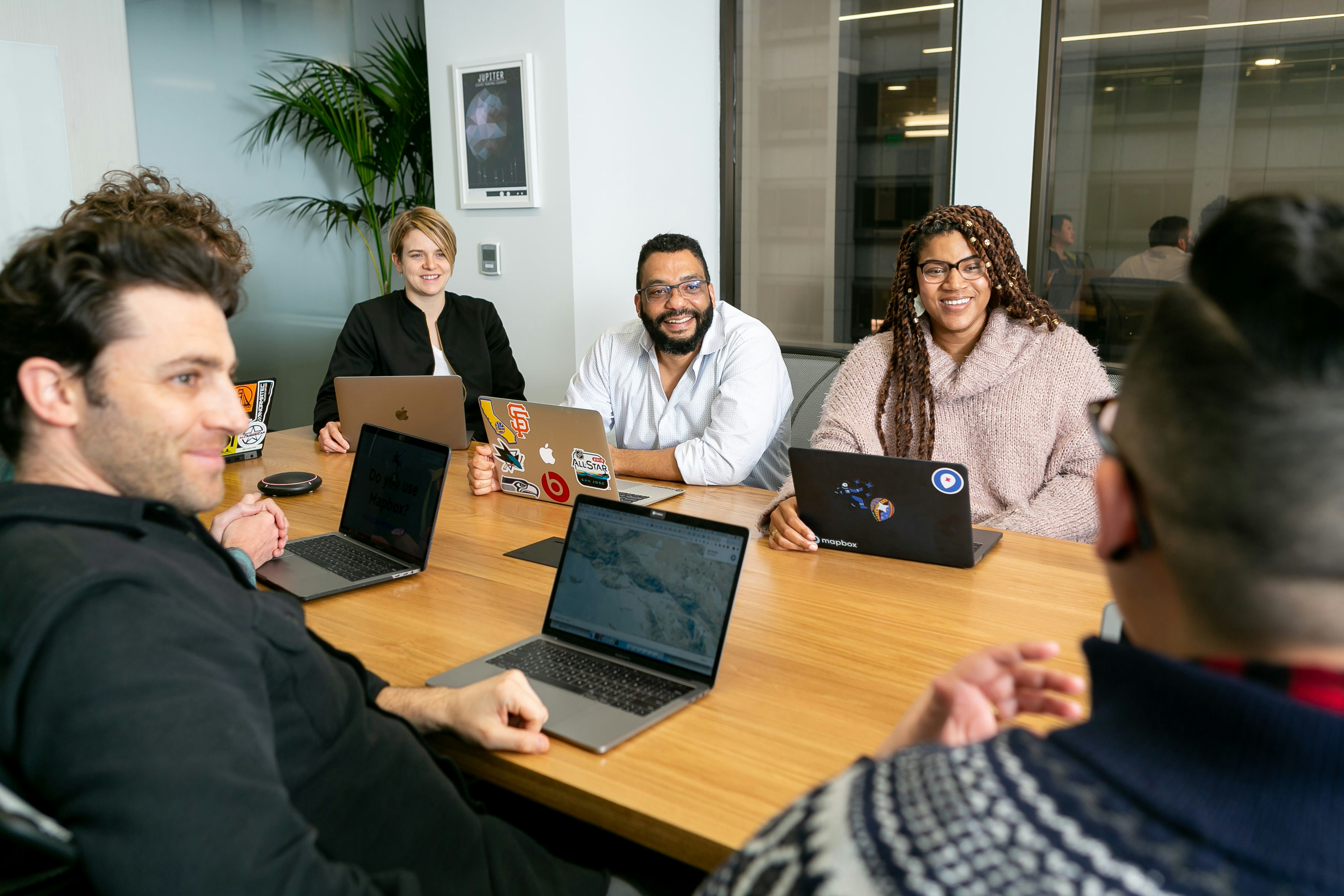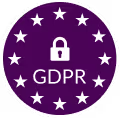The Growthspace Blog
Discover data-driven strategies, insights, and methods to grow your people
Skills
Professional Development Skills: What They Are + 5 Examples of How to Improve Them
February 23, 2026
Read more
Hey, wait...
Subscribe to our newsletter!
Get insights on the latest in skill development, leadership trends, and enterprise talent strategy.

Blog posts
Leadership Development
People Strategy
Learning & Development
Leadership Development
Company Culture
Learning & Development
People Strategy
People Strategy
Learning & Development
Learning & Development
Learning & Development
Skills
People Strategy
People Strategy
Skills
Learning & Development
Learning & Development
Learning & Development
Company Culture
Recruiting & Hiring
Learning & Development
People Strategy
Learning & Development
Learning & Development
Learning & Development
People Strategy
Recruiting & Hiring
Learning & Development
Recruiting & Hiring
Learning & Development
Learning & Development
Recruiting & Hiring
Learning & Development
Leadership Development
Learning & Development
Leadership Development
Learning & Development
Learning & Development
Learning & Development
Learning & Development
People Strategy
Learning & Development
Diversity & Inclusion
Company Culture
AI
Learning & Development
Learning & Development
Company News
Learning & Development
Learning & Development
Learning & Development
Learning & Development
People Strategy
Diversity & Inclusion
People Strategy
Learning & Development
Company News
Company News
Learning & Development
Learning & Development
Diversity & Inclusion
Learning & Development
Company Culture
Learning & Development
Learning & Development
Learning & Development
Company News
Company Culture
Company News
Company Culture
Learning & Development
People Strategy
Company Culture
Learning & Development
Learning & Development
AI
Leadership Development
Learning & Development
Learning & Development
Learning & Development
AI
Company Culture
Learning & Development
Learning & Development
Learning & Development
Company News
Learning & Development
Learning & Development
Leadership Development
Skills
Learning & Development
Learning & Development
Leadership Development
Learning & Development
Leadership Development
Learning & Development
Leadership Development
Learning & Development
Learning & Development
Learning & Development
Ready to turn insights into impact?
Discover how Growthspace can help your team apply what matters with expert-led development tied to real business outcomes.
Thank you! Your submission has been received!
Oops! Something went wrong while submitting the form.
We saw measurable skill growth in weeks, not months.
















